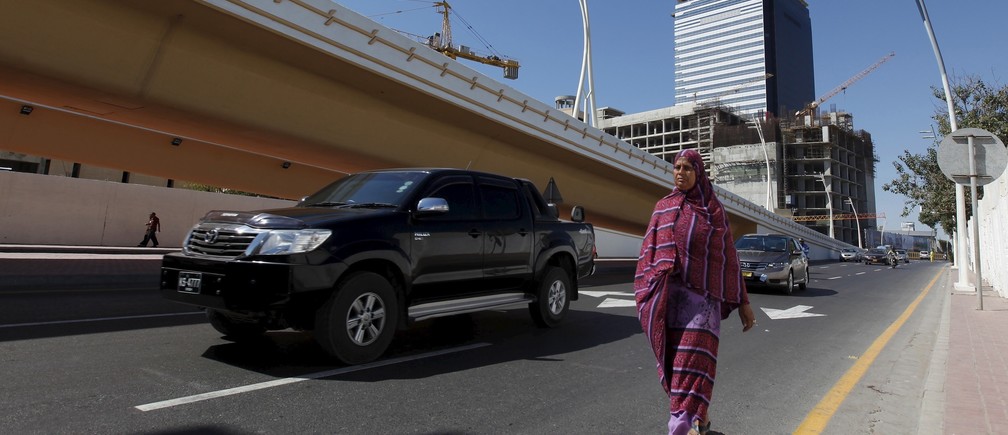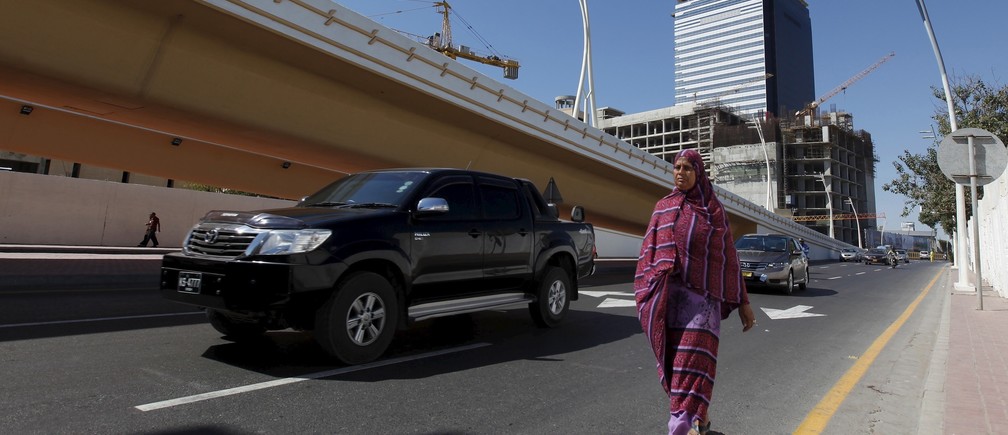NEWS
May 20, 2016

IN BRIEF
By: Pakistan Representative Fayyaz Yaseen and Executive Director Blair Glencorse. This blog post was originally published by the World Economic Forum. “What kind of Pakistan do we want for our children?”, a civil society activist asked recently. “It has to be an inclusive state which is fair, honest and open to everyone.” The promise of this future lies in an entire generation standing-up for accountability and holding those in power responsible for their actions. This is not easy, of course, but it is essential- and it can be done in Pakistan as it can in other countries in South Asia and beyond. At the [...]
SHARE

By: Pakistan Representative Fayyaz Yaseen and Executive Director Blair Glencorse. This blog post was originally published by the World Economic Forum.
“What kind of Pakistan do we want for our children?”, a civil society activist asked recently. “It has to be an inclusive state which is fair, honest and open to everyone.” The promise of this future lies in an entire generation standing-up for accountability and holding those in power responsible for their actions. This is not easy, of course, but it is essential- and it can be done in Pakistan as it can in other countries in South Asia and beyond.
At the Accountability Lab we’re learning a lot about how to do it – here are some ideas.
First, young people must lead change. The median age in Pakistan is now 22 years old, with 63% of the population under the age of 25. Young Pakistanis are globalized, energized and full of ideas. They are less entrenched in patronage networks, more willing to question existing realities and better connected than ever before. But this doesn’t mean that suddenly everything is going to be different. They need support over time to sustain the change they want to see. Their creativity tends to exist in pockets and despite some recent mobilization politically, is largely delinked from policymaking. We need to build an ecosystem to support these young change-makers – mentorship, opportunities, collaborative spaces and communities – and to jointly maximize their efforts. Organizations like Seed Ventures and incubators like Plan 9 are doing it for entrepreneurs; we are doing the same for “accountapreneurs”.
Second, this is about more than creating organizations and enforcing rules. At the national level, Pakistan now has around half a dozen anti-corruption bodies, 10 different ombudsmen and a plethora of other agencies tasked in one way or another with accountability. But organizations set up to fight graft will not work if they are not aligned with the relationships, cultural norms and incentives that shape behaviours. If a dynamic of corruption is entrenched, it is too difficult – and arguably illogical – for brave individuals to stand-up alone and try and change the system. They need peers everywhere who will support them. This means Pakistan must think now about a long-term process to shift mindsets through investing heavily in civic education, leadership programs and values-based networks. Organizations like the Atlantic Council and the British Council are doing a great job, but there is much more to do.
Third, creativity is essential to fighting corruption because many stakeholders in the existing system are resistant to change. For too long – driven by an aid system that measures successes based on numbers of outputs and dollars spent – the response to corruption and patronage has been training and seminars. But all-day workshops with free lunches are not a substitute for real change. If we want to bring young people into this process effectively, we have to meet them where they are, not where we want them to be. This means using tools and platforms they enjoy – like the arts, media, film and technology – and deploying them in interactive ways. From creative visual arts with organizations like Morango Films, to ICT collaboratives like the Technology for the People Initiative, the potential intersections of innovation and integrity in Pakistan are easy to find.
Fourth, bring in the private sector as a key driver of change. Despite significant challenges, Pakistan’s business community is world class, with some incredible, values-based leaders who operate at the highest levels of global commerce. They lead companies that are thinking well beyond the bottom-line and draw on Pakistan’s rich culture of generous philanthropy. They know that integrity is good for business – ethical companies have higher valuations, lower costs and less risk. This energy can be harnessed to create a level playing field for economic development and collaborative efforts to shift accountability dynamics. Businesses came together to play a key role in the passage of the important Drug Regulatory Authority of Pakistan (DRAP) Bill of 2012 for example – which cleaned up the pharmaceutical industry. Businesses are driving the Open Government Partnership efforts in Pakistan and collaboratives like Open Lahore and CIPE are working to improve standards of transparency. We must support them further.
Finally, accountability requires a positive narrative that Pakistanis can buy in to and mobilize behind. Pointing fingers and shouting loudly at law-breakers is an easy way to vent some frustration – and there is no doubt that these people should be penalized. But when justice is not served the perception of helplessness is reinforced and momentum in the process of accountability building is lost. Instead, let’s make sure we celebrate the heroes, build on areas where success is clear and work to support those who are doing the right things – “naming and faming” is a useful substitute for “naming and shaming”. Last year, for example, we at the Accountability Lab organized a television and social media campaign around the world called Integrity Idol – which rewarded honesty in government and galvanized national conversations about what it means to be an accountable civil servant. This year we’ll run the competition in Pakistan too.
Building accountability is not about overcoming weaknesses – it is about a strengths-based approach that draws upon human, institutional, cultural and economic assets. Short-term fixes and anti-corruption tools might prove effective in battling graft in isolated ways. But if Pakistan – and other countries – are to truly create fair and open societies for everyone, it is going to take a much larger, generational process to build accountability. The time to start is now.
